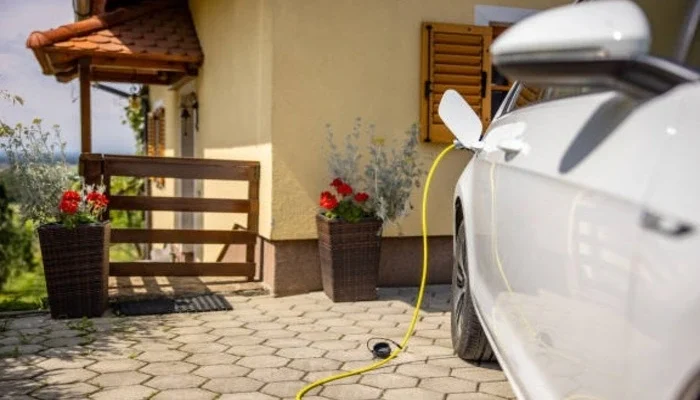As the adoption of electric vehicles (EVs) continues to rise, more people seek to install home charging stations for convenience and efficiency. However, before committing to such an installation, it is essential to understand the factors influencing the cost of electric car home charger installation services. We will explore the different aspects of these costs, as explained by Sarkinen Electrical, from the type of charger and electrical upgrades to installation complexity and long-term benefits.
Factors Influencing the Cost of Installation
There are several things that affect how much it costs to put an EV charger at home. One of the most important things is the type of charger that is chosen. Level 1 chargers are the cheapest choice because they plug directly into a standard 120V outlet. However, they charge more slowly than Level 2 chargers. To work, level 2 chargers need a 240V plug and are usually more efficient, which means they charge faster but cost more at first. The price difference between these two types can change, and the installation cost will depend on which charger is picked.
The price of installation is also heavily affected by where the charger is placed and how close it is to the power panel. If the installation spot is far from the main electrical panel, more wiring and labor may be needed, which will raise the cost of installation. Some homes may also need a new electrical panel to handle the extra load, especially if the old panel isn’t up to code or doesn’t have enough space. Depending on how old and in good shape the home’s wiring system is, making changes to it can cost a lot.
Electrical Upgrades and Installation Complexity
Another important thing that affects the total cost is how hard the installation is. If you need to make changes to the electricity, like adding a new circuit or changing the panel, the costs will go up. Some older homes may need to have their wiring or panels changed or improved so that they can handle the power needs of a new EV charger. It might take a while and cost a lot of money to upgrade the electrical panel because you need to hire a trained electrician.
How hard the work is can also depend on how the house is built and laid out. For example, more people and materials will be needed if the charging area or garage is far from the main electrical panel or if holes have to be drilled through walls. The total cost of the work will depend on all of these things. Some setups may also need permits, which can make the job take longer and cost more. When planning your budget for installing an EV charger, it’s important to think about these problems that might come up.
Labor Costs and Professional Services
The cost of labor for installation can vary a lot based on how hard the job is and where it is done. Most electricians charge a flat fee or by the hour, and the price depends on how much work costs in your area. Different projects can take different amounts of time, but most take between a few hours and a day. The cost of labor will be less if the electrical work is simple and doesn’t need a lot of upgrades or changes. But the cost of work can go up a lot if major electrical upgrades or complicated installations are needed.
When choosing a professional service, it’s important to look at the installer’s credentials and image. Some homeowners might try to install the charger themselves, but it is always best to hire a qualified and experienced professional to make sure the job is done right and meets all safety and building codes. For some types of electrical work, the law says you have to hire a registered electrician. Hiring a qualified expert costs more, but it makes sure that the installation is safe and follows the rules, which lowers the risk of problems in the future.
Long-Term Savings and Return on Investment
Home EV charger installation can seem expensive at first, but many people find that the saves and return on investment (ROI) make it worth the cost. Convenience is one of the best things about having a mobile charger at home. Residents can charge their electric vehicles (EVs) overnight in their own houses instead of using public charging stations or waiting in line. People who need to charge their cars often can save a lot of time by using this feature.
Furthermore, charging at home may save time and cost less in energy compared to public charging points. The rates at public charging sites are usually higher, and some may even charge extra to use their services. Home charging stations let you take advantage of cheaper energy rates for homeowners, so you don’t have to pay these extra fees. In time, these saves can cover the costs of installation, making the purchase more cost-effective overall.
Homeowners who are switching to electric cars need to know how much it costs to have an electric car charger installed. The total cost depends on a number of things, such as the type of charger, any electrical upgrades, the cost of work, and how hard the installation is. Even though the cost may seem high at first, the benefits in the long run, like more ease and lower energy costs, may make it worth it. Also, rebates and bonuses might help ease the financial load. Homeowners can make an informed choice about putting an EV charger at home by carefully thinking about these factors and making plans based on them.
FintechZoom Disney Stock: Media Investments in 2024









Comments